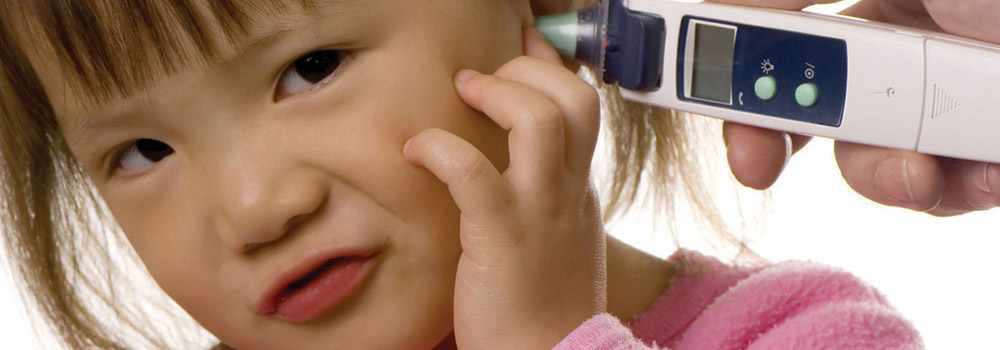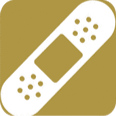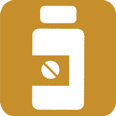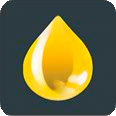It is normal to worry that you won't recognise the signs that your baby is unwell. Parents are usually good at noticing when something is wrong with their baby/child from quite early on. Trust your instincts, you know your baby best.
Learn how to spot the signs of serious illness and how to cope if an accident happens. If you know the basics and you are well prepared, you will find it easier to cope - and less scary. Keep a small supply of useful medicines in a locked cabinet or somewhere up high where a child cannot reach them. Make sure you’ve got the right strength of medicine for the age of your child, always follow instructions carefully and check use-by dates. Read the label carefully. Do not give aspirin to children under 16.







